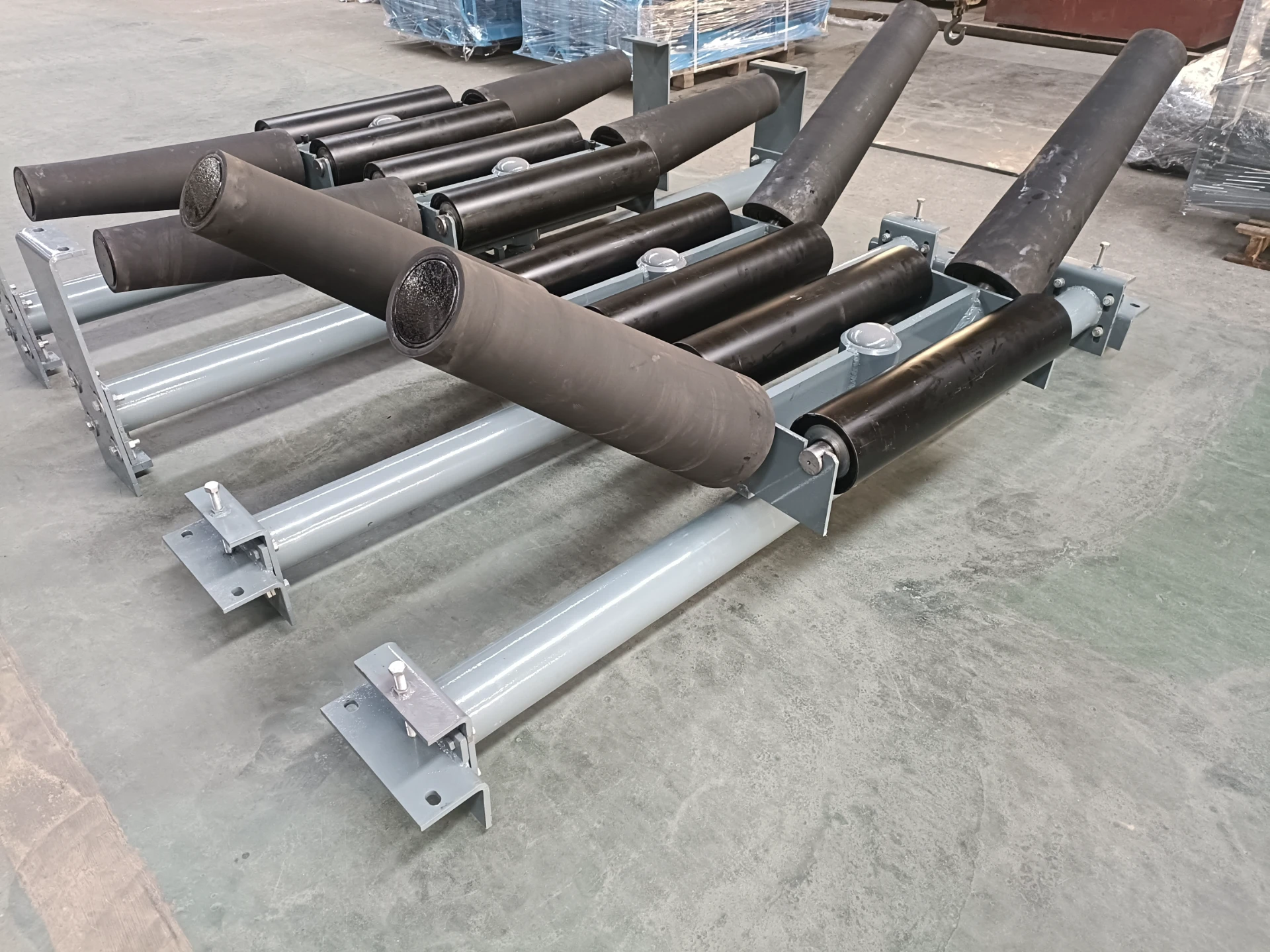 Afrikaans
Afrikaans  Albanian
Albanian  Amharic
Amharic  Arabic
Arabic  Armenian
Armenian  Azerbaijani
Azerbaijani  Basque
Basque  Belarusian
Belarusian  Bengali
Bengali  Bosnian
Bosnian  Bulgarian
Bulgarian  Catalan
Catalan  Cebuano
Cebuano  Corsican
Corsican  Croatian
Croatian  Czech
Czech  Danish
Danish  Dutch
Dutch  English
English  Esperanto
Esperanto  Estonian
Estonian  Finnish
Finnish  French
French  Frisian
Frisian  Galician
Galician  Georgian
Georgian  German
German  Greek
Greek  Gujarati
Gujarati  Haitian Creole
Haitian Creole  hausa
hausa  hawaiian
hawaiian  Hebrew
Hebrew  Hindi
Hindi  Miao
Miao  Hungarian
Hungarian  Icelandic
Icelandic  igbo
igbo  Indonesian
Indonesian  irish
irish  Italian
Italian  Japanese
Japanese  Javanese
Javanese  Kannada
Kannada  kazakh
kazakh  Khmer
Khmer  Rwandese
Rwandese  Korean
Korean  Kurdish
Kurdish  Kyrgyz
Kyrgyz  Lao
Lao  Latin
Latin  Latvian
Latvian  Lithuanian
Lithuanian  Luxembourgish
Luxembourgish  Macedonian
Macedonian  Malgashi
Malgashi  Malay
Malay  Malayalam
Malayalam  Maltese
Maltese  Maori
Maori  Marathi
Marathi  Mongolian
Mongolian  Myanmar
Myanmar  Nepali
Nepali  Norwegian
Norwegian  Norwegian
Norwegian  Occitan
Occitan  Pashto
Pashto  Persian
Persian  Polish
Polish  Portuguese
Portuguese  Punjabi
Punjabi  Romanian
Romanian  Russian
Russian  Samoan
Samoan  Scottish Gaelic
Scottish Gaelic  Serbian
Serbian  Sesotho
Sesotho  Shona
Shona  Sindhi
Sindhi  Sinhala
Sinhala  Slovak
Slovak  Slovenian
Slovenian  Somali
Somali  Spanish
Spanish  Sundanese
Sundanese  Swahili
Swahili  Swedish
Swedish  Tagalog
Tagalog  Tajik
Tajik  Tamil
Tamil  Tatar
Tatar  Telugu
Telugu  Thai
Thai  Turkish
Turkish  Turkmen
Turkmen  Ukrainian
Ukrainian  Urdu
Urdu  Uighur
Uighur  Uzbek
Uzbek  Vietnamese
Vietnamese  Welsh
Welsh  Bantu
Bantu  Yiddish
Yiddish  Yoruba
Yoruba  Zulu
Zulu Jan . 28, 2025 05:00
Back to list
Return Idler Bracket
The world of conveyor machine parts is intricate, vibrant, and continuously evolving, making it a cornerstone of modern industry. Understanding the true dynamics and specifics of these components is key to improving efficiency, reliability, and longevity of conveyor systems across various sectors.
Pulleys and chains also play pivotal roles in conveyor systems. Pulleys, designed using heavy-duty materials, are responsible for redirecting and tensioning the conveyor belts. They need to have high resistance to wear and tear to ensure consistent performance. Chains, often employed in conjunction with pulleys, are used extensively in industries requiring durability and longevity under harsh conditions, such as in automotive assembly lines. Actuators and sensors have become increasingly relevant in modern conveyor systems, adding a layer of automation and smart control. Actuators enable precise control of conveyor movement, while sensors provide real-time data to optimize operations. This integration of technology helps in proactively identifying issues, enhancing safety, and reducing downtime. Expertise in conveyor machine parts extends beyond the physical components to encompass system design and maintenance strategies. Proper system design minimizes premature wear, reduces energy consumption, and ensures compatibility among different parts. Regular maintenance, guided by expert knowledge, is vital to prevent unexpected failures, which could result in costly downtimes. Ensuring trustworthiness in conveyor systems begins with the selection of high-quality parts and extends through reliable installation and aftercare services. Collaborating with manufacturers and suppliers who have a proven track record and industry certifications ensures that the conveyor components meet international standards and provide reliable longevity. In conclusion, conveyor machine parts are fundamental to industrial operations, facilitating automated transportation of various materials efficiently and reliably. The dynamic nature of this field requires continuous innovation and adherence to industry standards to meet the evolving demands. Through expert insight and consistent evaluation of existing systems, businesses can achieve operational excellence and maintain a competitive edge. Understanding the comprehensive role each part plays and employing technology to monitor and enhance performance not only boosts productivity but also reinforces the credibility and authority of a business in the industrial sector.


Pulleys and chains also play pivotal roles in conveyor systems. Pulleys, designed using heavy-duty materials, are responsible for redirecting and tensioning the conveyor belts. They need to have high resistance to wear and tear to ensure consistent performance. Chains, often employed in conjunction with pulleys, are used extensively in industries requiring durability and longevity under harsh conditions, such as in automotive assembly lines. Actuators and sensors have become increasingly relevant in modern conveyor systems, adding a layer of automation and smart control. Actuators enable precise control of conveyor movement, while sensors provide real-time data to optimize operations. This integration of technology helps in proactively identifying issues, enhancing safety, and reducing downtime. Expertise in conveyor machine parts extends beyond the physical components to encompass system design and maintenance strategies. Proper system design minimizes premature wear, reduces energy consumption, and ensures compatibility among different parts. Regular maintenance, guided by expert knowledge, is vital to prevent unexpected failures, which could result in costly downtimes. Ensuring trustworthiness in conveyor systems begins with the selection of high-quality parts and extends through reliable installation and aftercare services. Collaborating with manufacturers and suppliers who have a proven track record and industry certifications ensures that the conveyor components meet international standards and provide reliable longevity. In conclusion, conveyor machine parts are fundamental to industrial operations, facilitating automated transportation of various materials efficiently and reliably. The dynamic nature of this field requires continuous innovation and adherence to industry standards to meet the evolving demands. Through expert insight and consistent evaluation of existing systems, businesses can achieve operational excellence and maintain a competitive edge. Understanding the comprehensive role each part plays and employing technology to monitor and enhance performance not only boosts productivity but also reinforces the credibility and authority of a business in the industrial sector.
Next:
Latest news
-
Revolutionizing Conveyor Reliability with Advanced Rubber Lagging PulleysNewsJul.22,2025
-
Powering Precision and Durability with Expert Manufacturers of Conveyor ComponentsNewsJul.22,2025
-
Optimizing Conveyor Systems with Advanced Conveyor AccessoriesNewsJul.22,2025
-
Maximize Conveyor Efficiency with Quality Conveyor Idler PulleysNewsJul.22,2025
-
Future-Proof Your Conveyor System with High-Performance Polyurethane RollerNewsJul.22,2025
-
Driving Efficiency Forward with Quality Idlers and RollersNewsJul.22,2025
OUR PRODUCTS





























